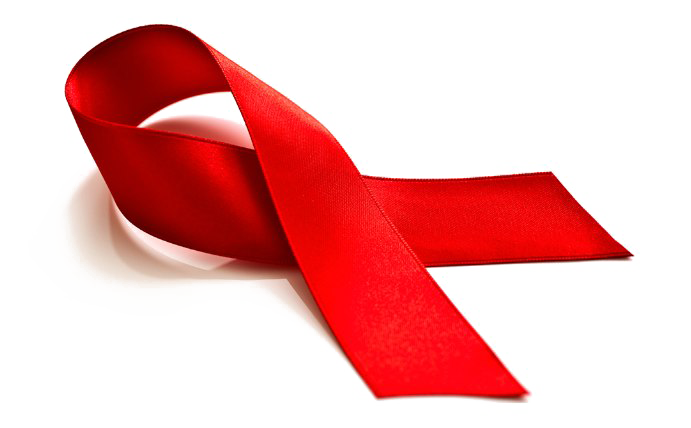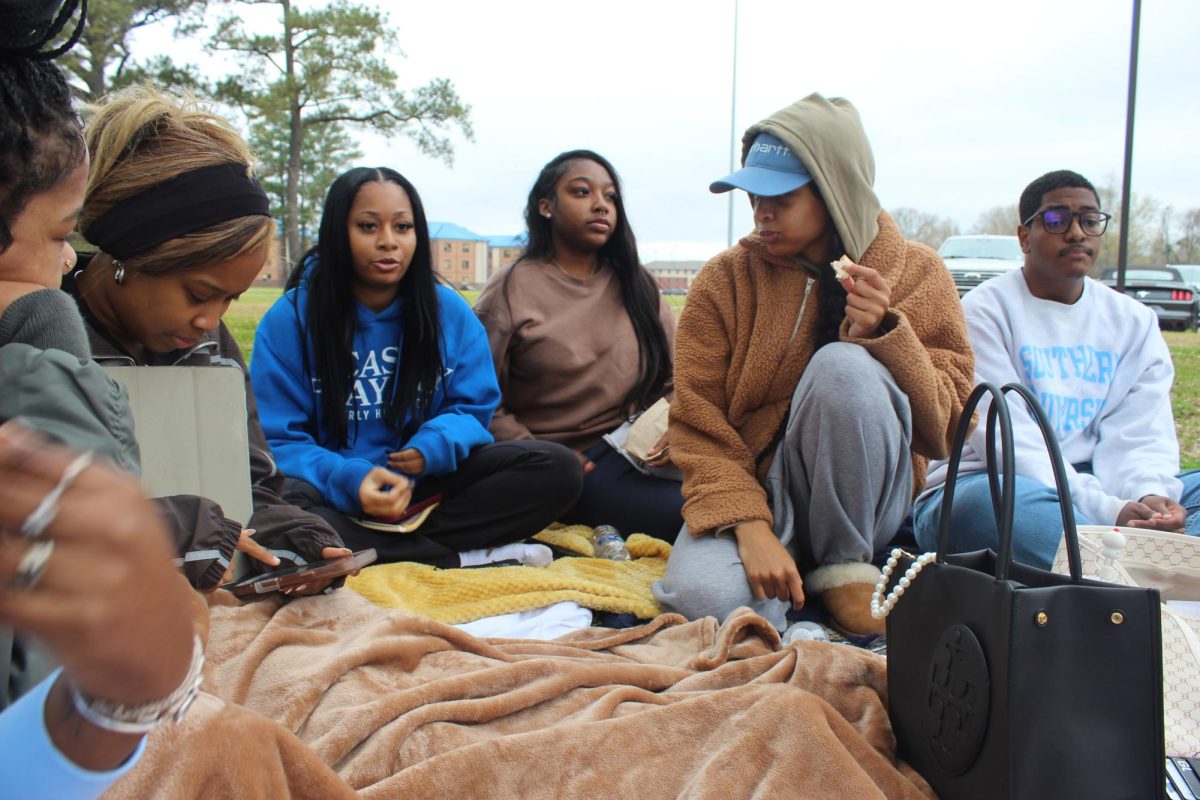March is a very important month for Human Immunodeficiency Virus and Acquired Immunodeficiency Syndrome, or HIV. National days for HIV and AIDS include the following: National Women and Girls HIV/AIDS Awareness Day, and National Native HIV/AIDS Awareness Day.
HIV is a sexually transmitted virus that can lead to acquired immunodeficiency syndrome, or AIDS, if not treated. Unlike some other viruses, the human body can’t get rid of HIV completely, even with treatment. So once one contracts HIV, they have it for life. This makes it crucial for college students to understand the importance of practicing safe intercourse.
During the year of 2017, studies from the Centers for Disease Control and Prevention (CDC) showed that African-Americans in the United States are the top race that fall victim to HIV/AIDS. Louisiana is no longer in the top five in the United States for AIDS/HIV cases. Another study done by the CDC shows that as of 2017, Louisiana has actually climbed its way down to number 10 for the number of diagnosed victims with the infection.
Southern University has ways of getting students educated and informed when it comes to HIV/AIDS. More than once every semester free HIV testing is done in the Smith-Brown Memorial Union. Whenever a student participates in the procedure, he or she receives free food and also free clothing and other gear related to HIV and AIDS prevention. This is an effective way to allow the students to feel more at ease and less pressured as they take the test.
A twenty-two year old senior math and physics major, Sageda Mason, from Baton Rouge, Louisiana commented, “By providing an abundance of resources, we, African American students who attend HBCUs, are aware of the causes and effects of HIV and AIDS. If not, we should be because we are, first, young adults who should be aware of our health and the results of our actions. I’m almost certain that anyone who attends any institution has heard of each at least once. Therefore, we should be responsible for learning more about the virus. This is because most of us are sexually active. I believe that students who attend HBCUs are very much aware of what HIV and AIDS are; however, I don’t think that we are actively doing what’s necessary to guarantee that we don’t become victims of it…We don’t take the consequences of engaging in sex as seriously as we should.”
HBCUs house mostly African-American students, which implies that it is moderately up to them to make an impact and affect the numbers aforementioned in a positive way.
For more information about HIV/AIDS and AIDS prevention please be sure to visit www.HIV.gov
Categories:
HIV/AIDS Awareness
March 25, 2019
0
More to Discover










